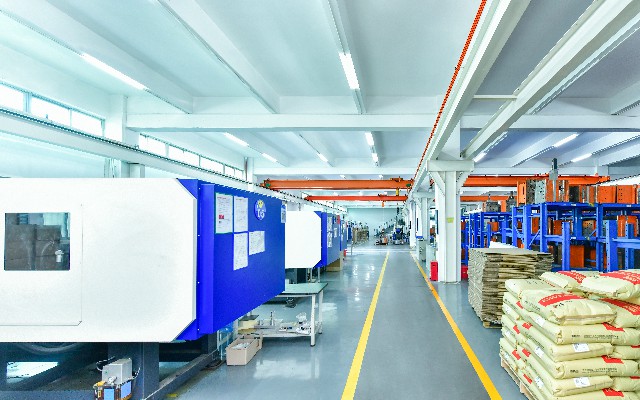Rapid Prototyping in Kenya: Revolutionizing Development and Manufacturing
In recent years, the adoption of rapid prototyping technology has gained significant momentum in Kenya. This article explores the impact of rapid prototyping on various industries in the country, with a focus on its benefits and potential for growth.
The Role of Hord RT and Rapid Prototyping

Hord RT, a leading provider of rapid prototyping services in Kenya, has played a pivotal role in driving innovation and development. Rapid prototyping allows for the efficient design, development, creation, and market testing of products. In comparison to traditional molds that are characterized by long cycles and high costs, rapid prototyping offers numerous advantages. It not only ensures quick turnaround times but also proves to be cost-effective while maintaining reliable precision and quality. Furthermore, it surpasses modern molding processes that are often limited by materials and precision constraints.
With rapid prototype manufacturing techniques offered by Hord RT, all usual metals and plastic materials can be utilized effectively. The availability of these materials enables designers to explore different possibilities without limitations imposed by material choices alone.
To ensure optimal manufacturability during production stages after designing prototypes using this technology,DfM (design for manufacturability analysis) provides detailed information such as parting lines,gate position,size,ejector position,wal thickness,surface finishing,tolerances,and potential sink mark,gate mark warpage etc.
Revolutionizing Product Development
Rapid prototyping has revolutionized product development across various sectors in Kenya. By enabling faster iterations through 3D printing or additive manufacturing technologies,the time required from concept to final product is significantly reduced.This expeditious process empowers businesses to respond swiftly to market demands while minimizing costs associated with traditional manufacturing methods.
Transforming Manufacturing Processes
Rapid prototyping has also transformed manufacturing processes in Kenya. By allowing for the creation of functional prototypes, manufacturers can test and validate their designs before committing to large-scale production. This mitigates risks associated with costly errors or design flaws that may only be discovered during mass production.
Moreover, rapid prototyping facilitates customization and personalization of products, catering to individual customer preferences. This level of flexibility not only enhances customer satisfaction but also opens up new avenues for businesses to differentiate themselves in a competitive market.
The Future of Rapid Prototyping in Kenya
The future looks promising for rapid prototyping in Kenya. As technology continues to advance and become more accessible, the adoption of this innovative approach is expected to grow exponentially across industries such as automotive, healthcare, consumer goods, and more. With its ability to accelerate product development cycles while maintaining quality standards, rapid prototyping will undoubtedly play a crucial role in driving innovation and economic growth within the country.

